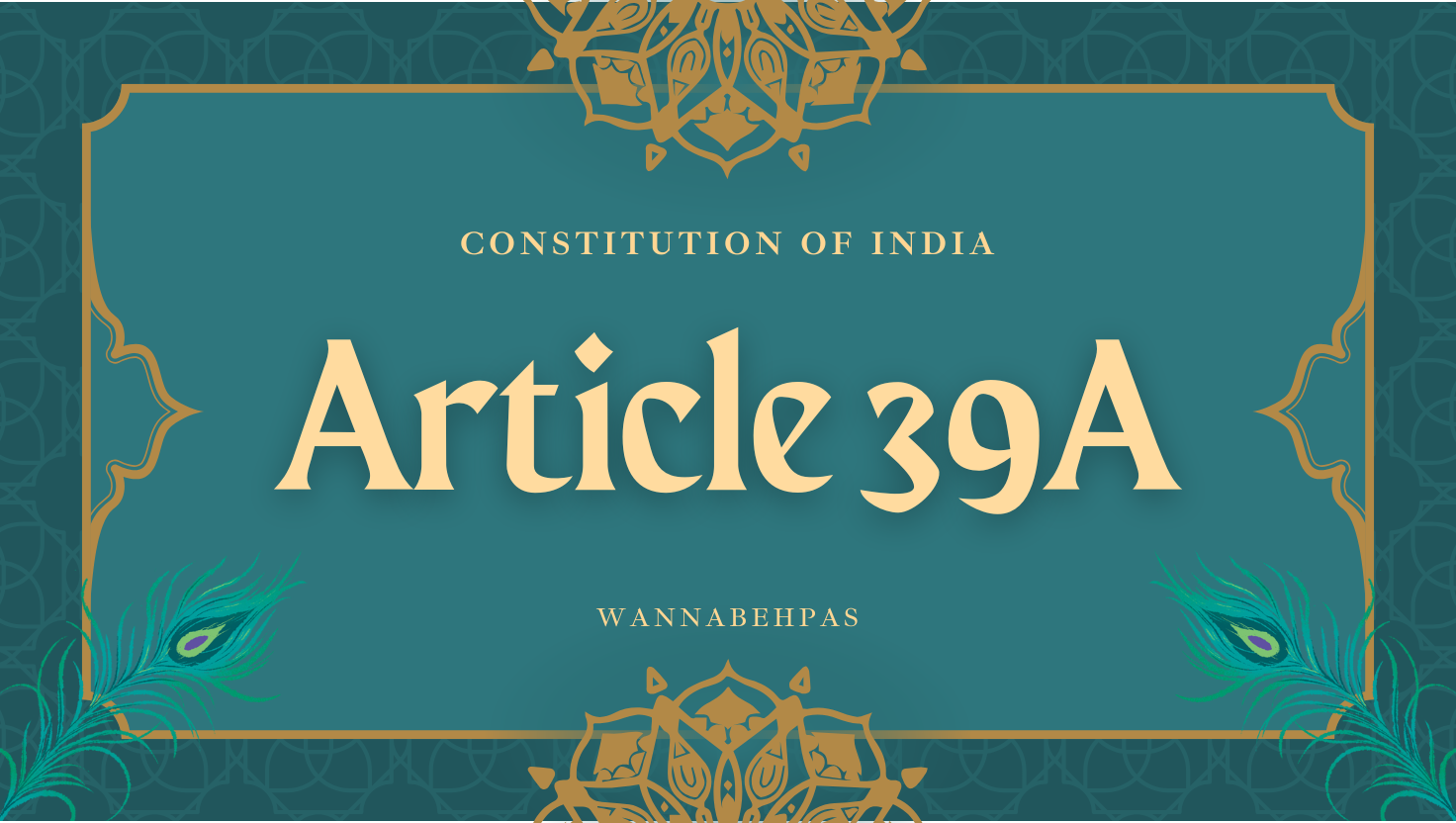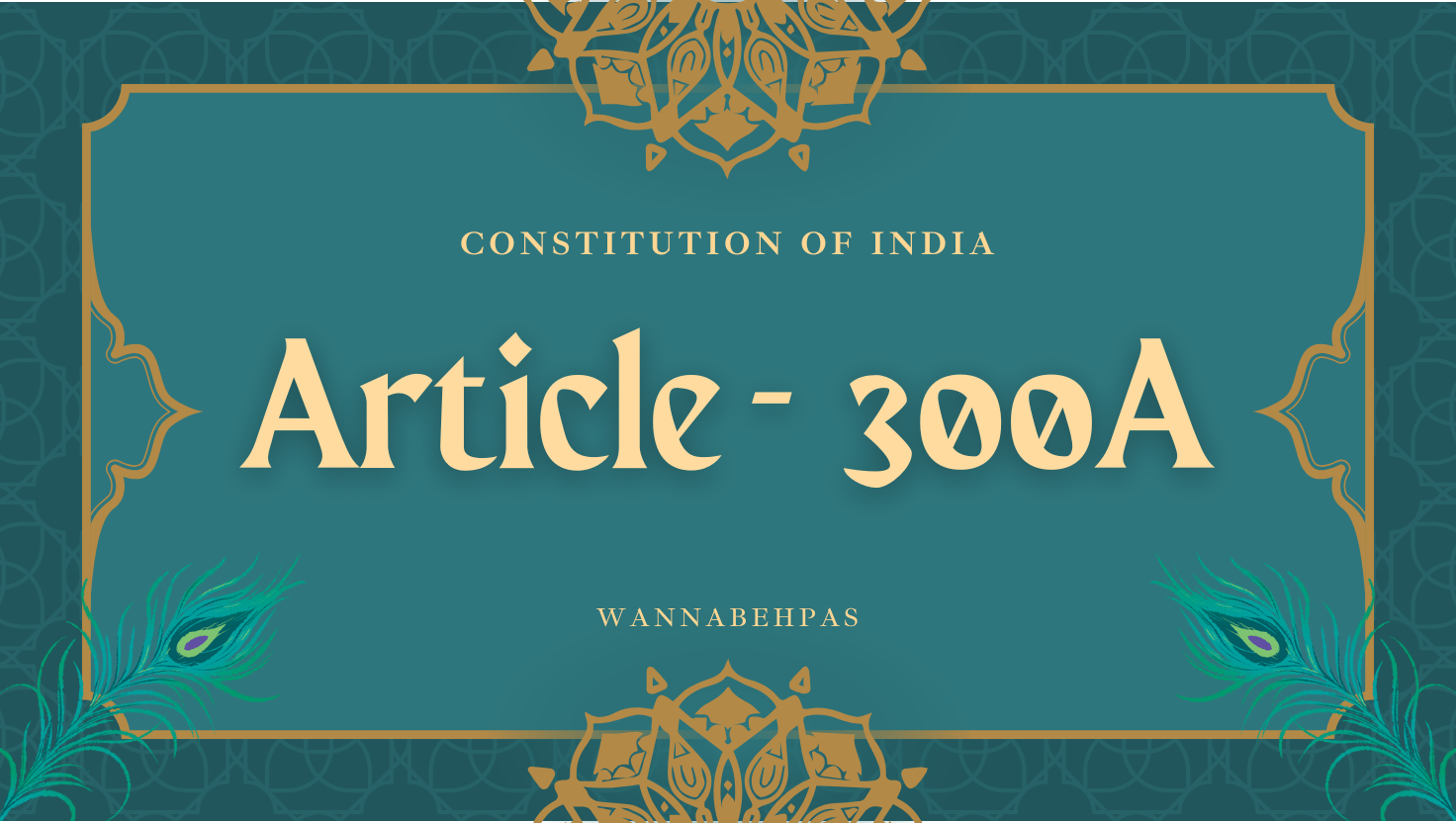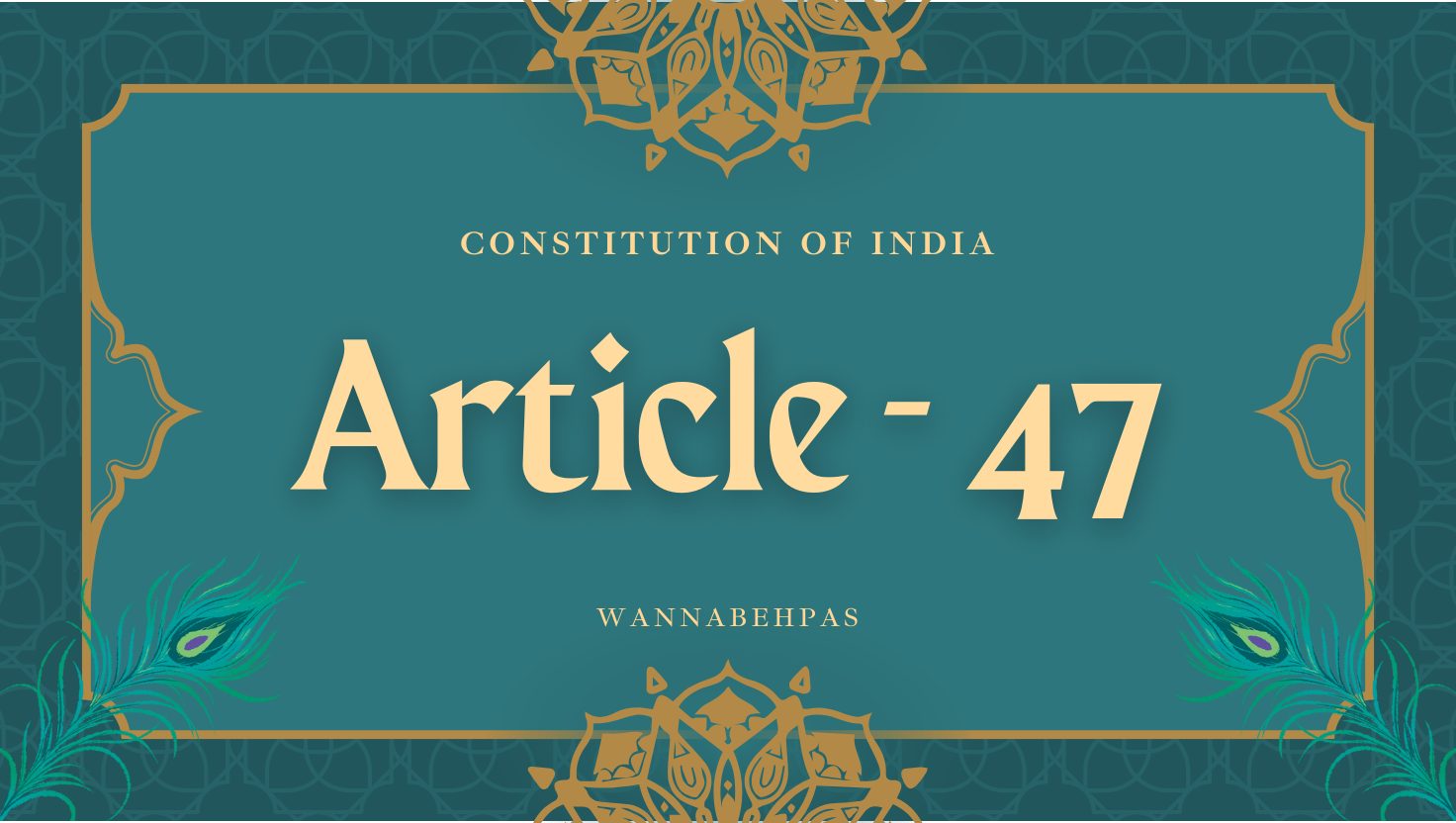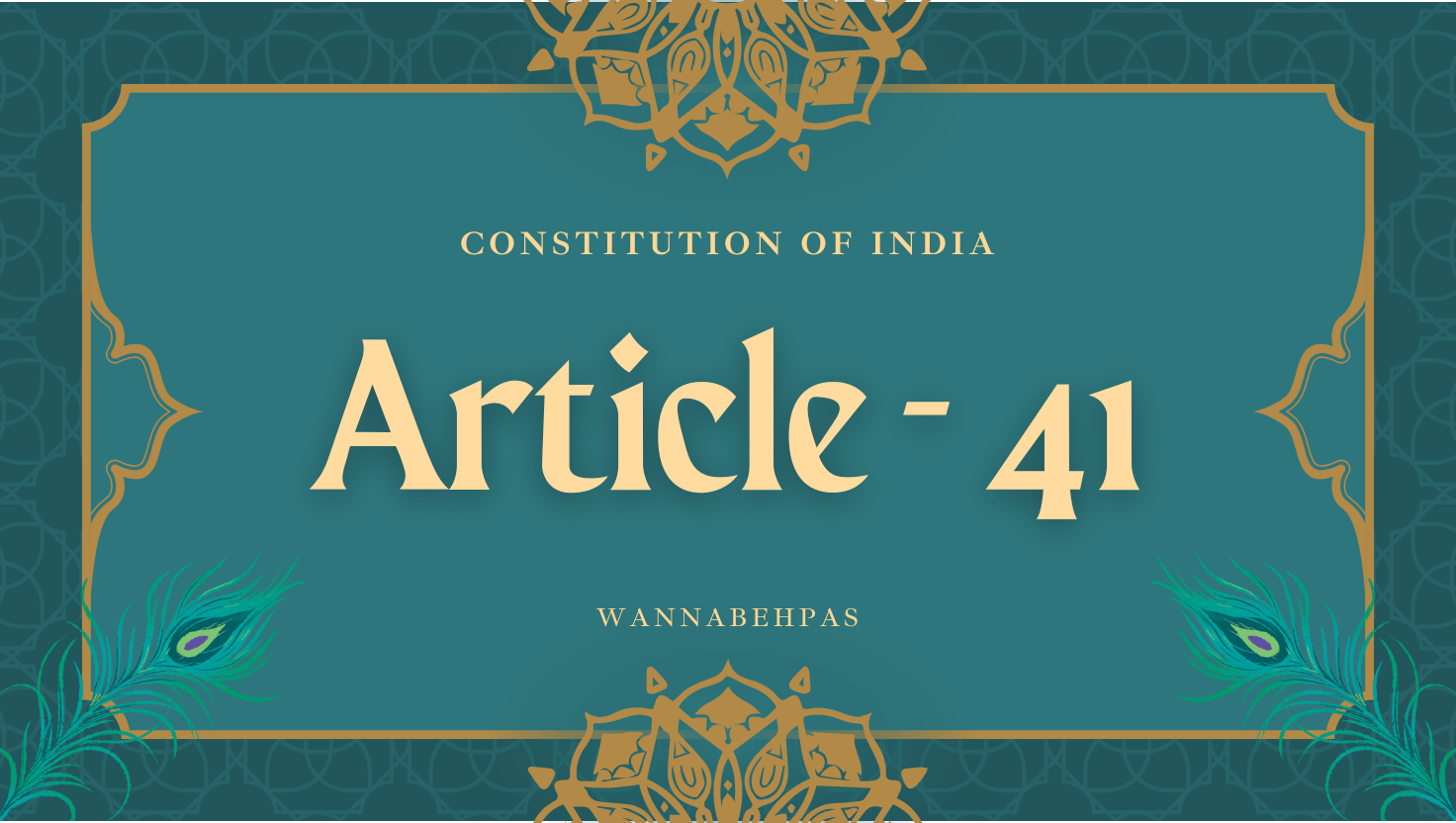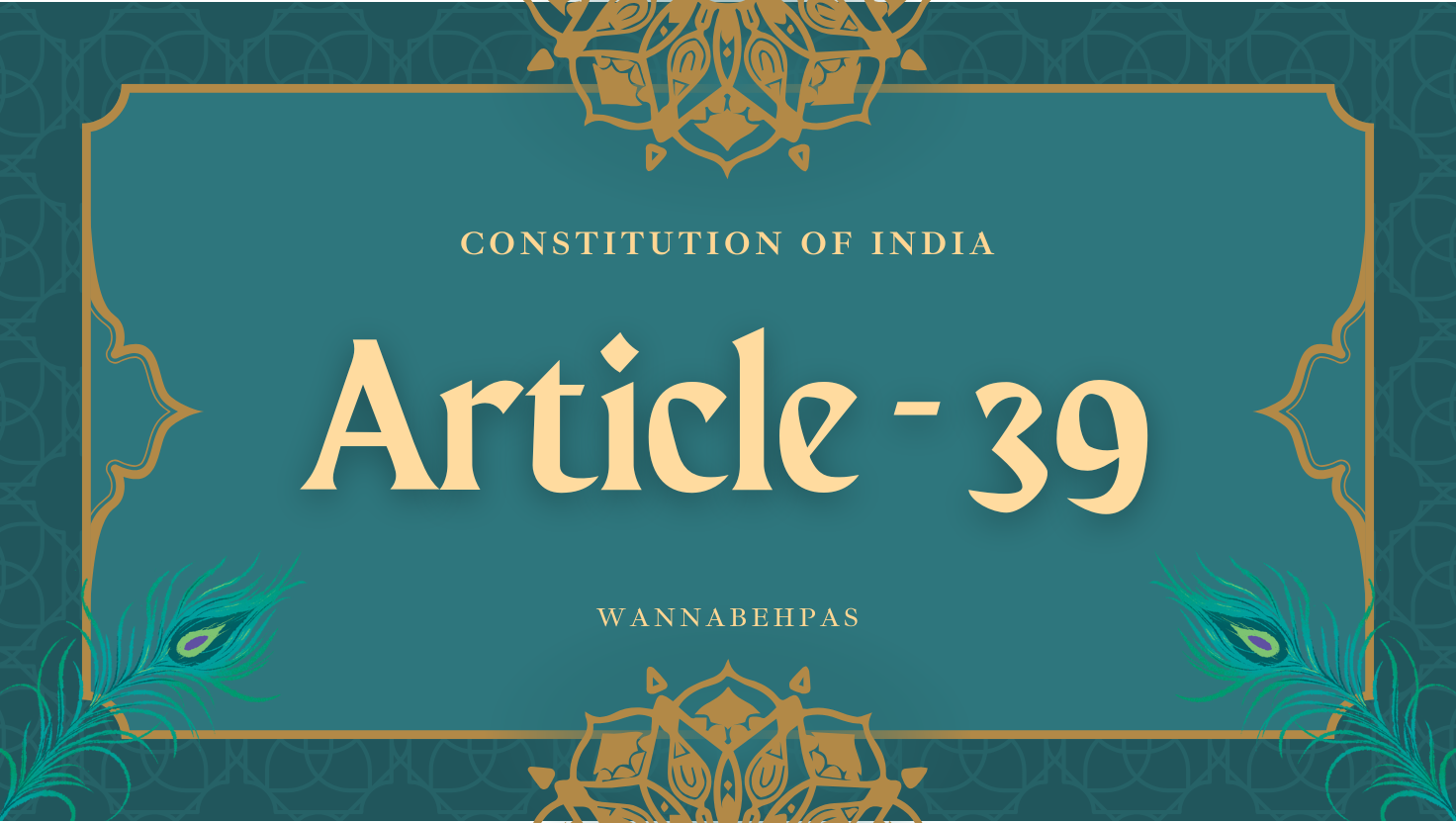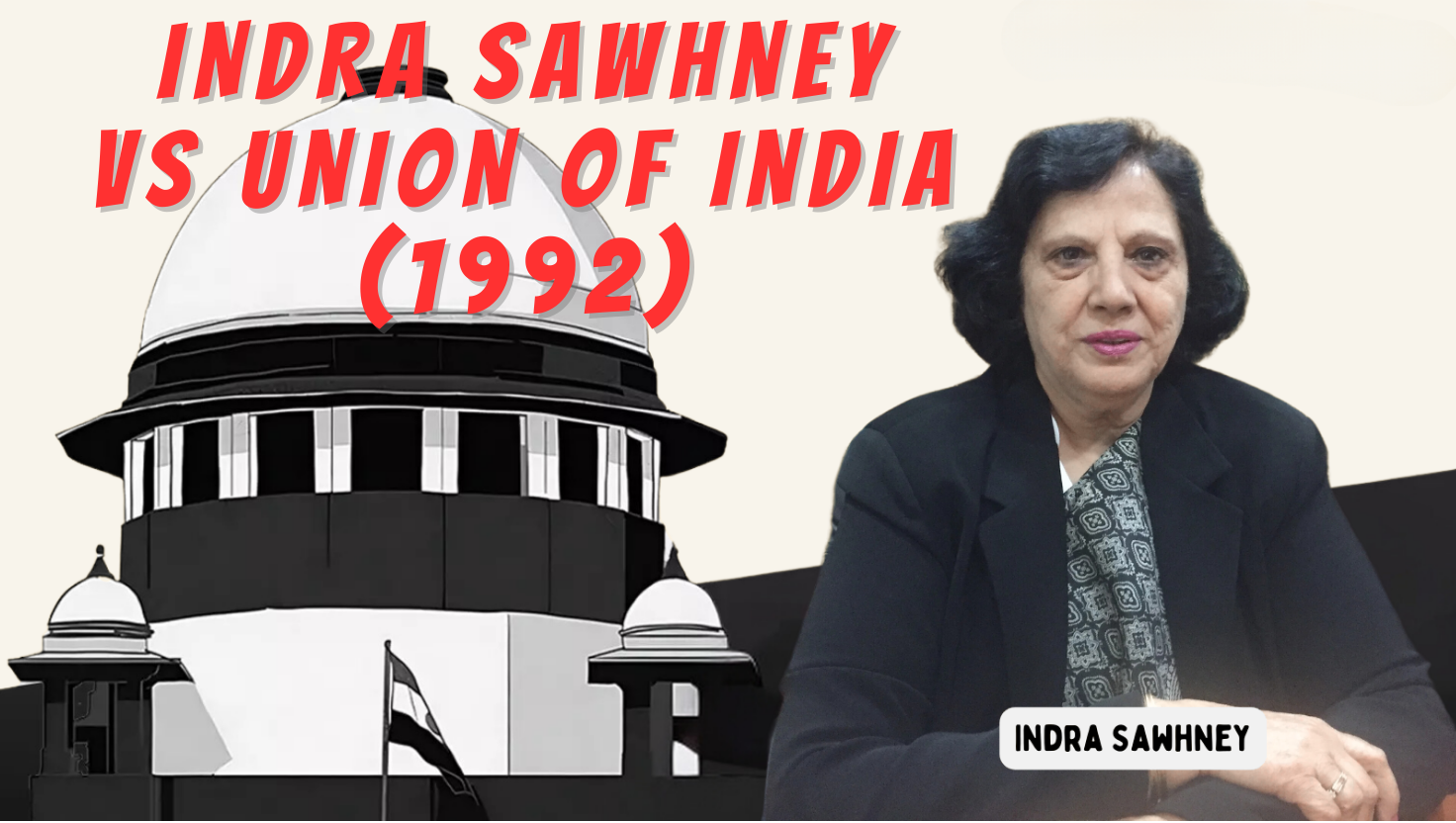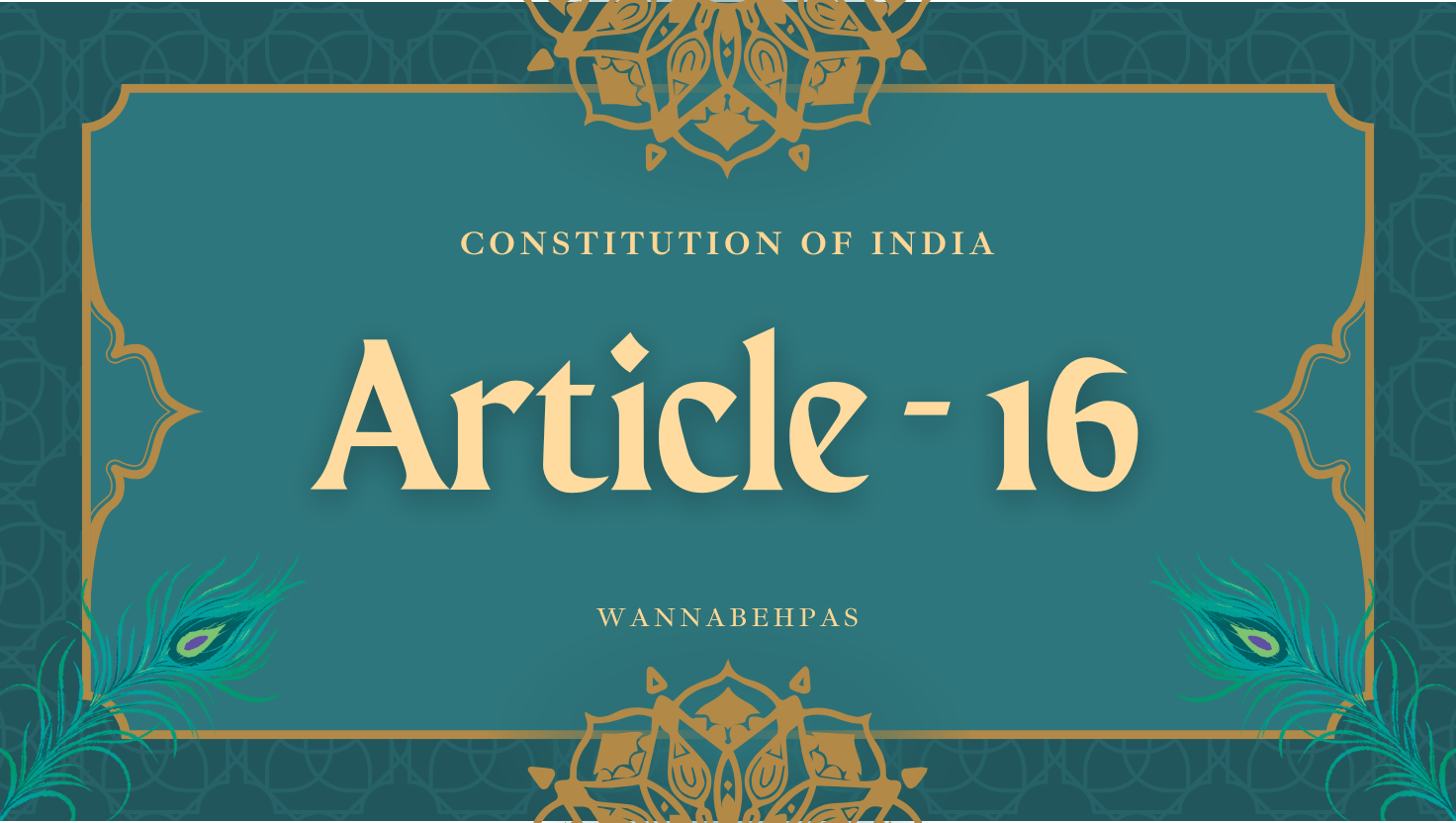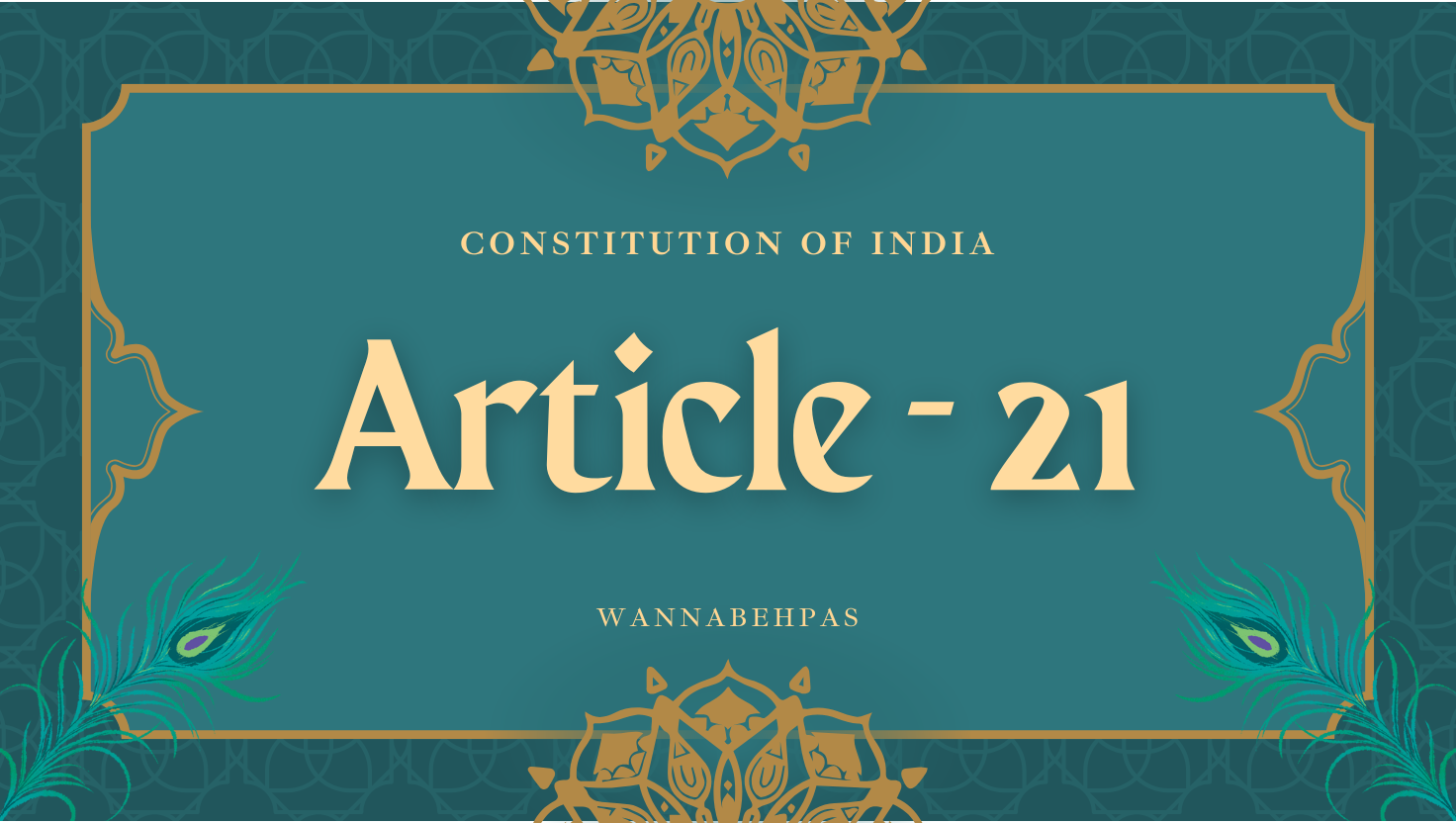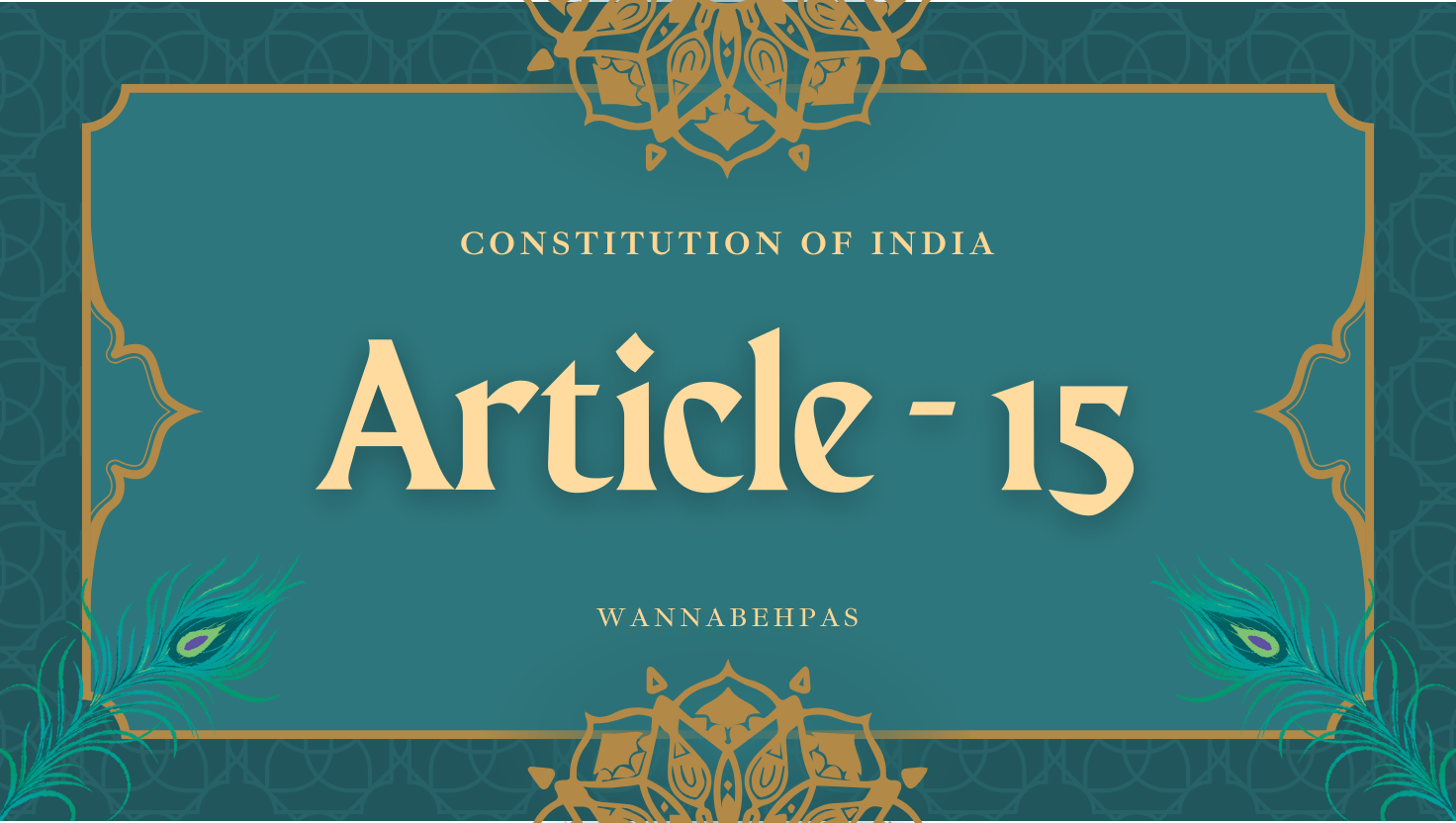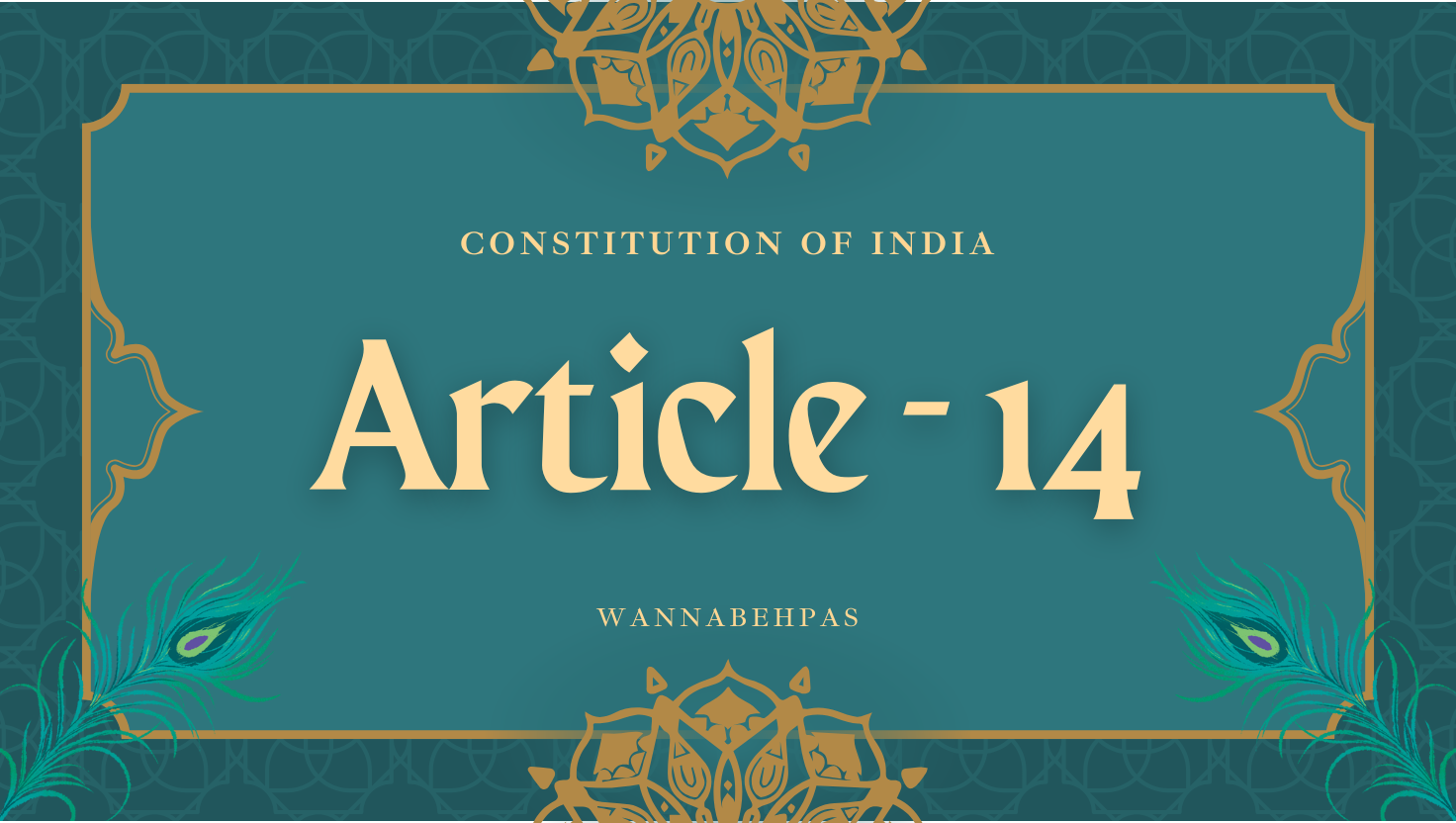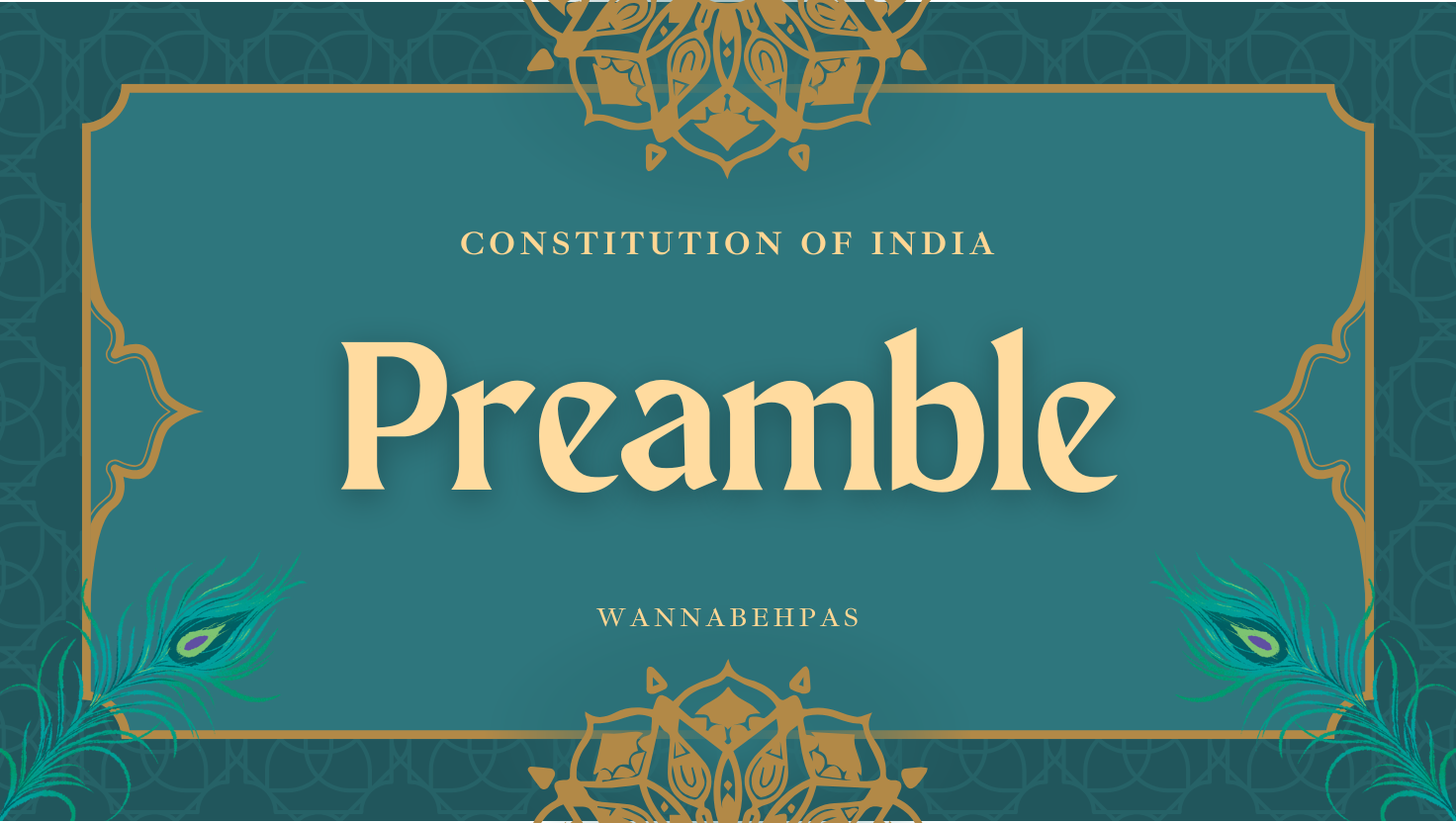Article 39A: Free Legal Aid and the 42nd Constitutional Amendment
Context:
Article 39A was added to the Indian Constitution by the 42nd Amendment Act, 1976. It aims to ensure access to justice for all, especially the weaker sections of society, by providing free legal aid.
What is Article 39A?
Article 39A directs the State to provide free legal aid to citizens who cannot afford legal services. It ensures that justice is not denied due to economic or other limitations.
This provision promotes equal justice and equal opportunity before the law, without discrimination based on caste, class, sex, religion, or disability.
Why was Article 39A introduced?
When the Constitution was initially drafted, it did not include this provision. But over time, the need for legal support for the poor and marginalized became evident. To bridge this gap, Article 39A was added through the 42nd Constitutional Amendment.
Key Features of Article 39A:
- Obligation on the State:
The State must ensure that free legal services are available to those in need, especially the poor and disadvantaged. - Essential for Justice Delivery:
Without legal aid, many people cannot approach the courts or understand legal procedures. Article 39A helps in making justice accessible. - Not Universal for All Cases:
Free legal aid is provided based on eligibility (such as income level or social category). It is not available in every case or to everyone. - Role of the Judiciary:
Courts may appoint a lawyer (amicus curiae) for someone who needs legal help but is not eligible under existing schemes. - Limited by Budget Allocation:
The extent of legal aid depends on the funds provided by the government under laws like the Legal Services Authorities Act, 1987.
Legal Services Authorities under Article 39A:
To implement this article, the Legal Services Authorities Act, 1987 was enacted. Under this:
- NALSA (National Legal Services Authority) was established at the central level.
- SALSA (State Legal Services Authorities) were created in each state and UT.
- District and Taluk Legal Services Committees were also formed.
These bodies:
- Provide free legal aid to eligible individuals.
- Spread awareness about legal rights.
- Organize Lok Adalats for alternative dispute resolution.
Significance of Article 39A:
- Strengthens Rule of Law and Access to Justice.
- Helps in achieving the goals of social justice as envisioned in the Preamble.
- Empowers weaker sections to seek justice without financial burden.
Conclusion:
Article 39A is a vital step toward achieving inclusive justice in India. It ensures that no person is denied legal support due to poverty or disadvantage. The State, through NALSA and SALSA, has a duty to make legal services accessible to all, thereby upholding the principle of equal justice for all.

